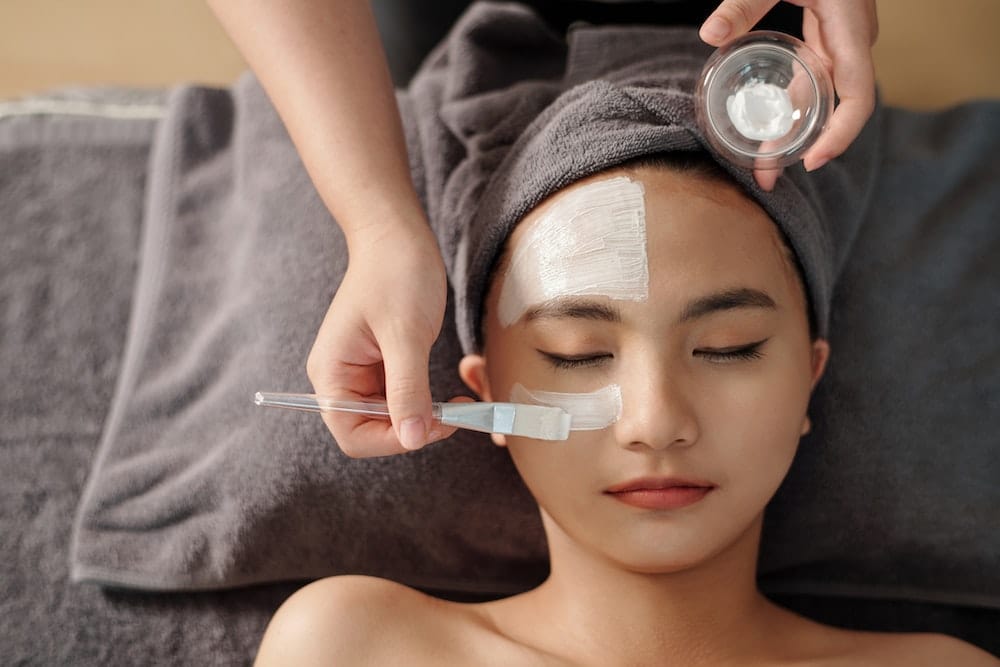Does Practicing Yoga Influence the Aging Process at the Cellular Level?

In the health and wellness world, the practice of yoga has consistently held its position as a popular and beneficial activity. It has been associated with enhancing mental well-being, reducing stress, and improving physical health. But have you ever considered the potential impact of yoga on the aging process at the cellular level? Recent studies available on scholarly platforms like Google Scholar, PubMed, and Crossref have started to explore this intriguing concept. Let’s dive into the profound influence that regular yoga exercise could have on our cells and, in turn, our aging process.
The Links Between Yoga and Aging
To understand how yoga might affect the aging process, it’s essential to have a basic grasp on what aging actually involves on a cellular level.
Also read : What Strategies Can Help Overcome the Psychological Barriers to Regular Exercise?
Aging is a complex biological process characterized by a gradual decline in physiological functions, which is associated with increased risk of diseases and mortality. At the cellular level, one of the most important changes associated with aging is the shortening of telomeres, which are protective caps at the ends of chromosomes. When these shorten too much, the cell can no longer divide and becomes senescent or dies.
Now, how does yoga come into the picture? The practice of yoga involves a combination of physical postures, meditation, and breathing exercises. Recent research studies have suggested that regular practice of yoga might help in slowing down the aging process by promoting cellular health and longevity.
Also to see : How Can Urban Heat Mapping Inform Public Health Strategies to Mitigate Heat-Related Illness?
Yoga and Telomerase Levels
One of the key elements in the aging process at the cellular level is telomerase, an enzyme that helps maintain the length of telomeres. This enzyme plays a crucial role in promoting cellular longevity and reducing the effects of aging.
Several research studies available on PubMed Central (PMC) and accessible via a DOI (Digital Object Identifier) have indicated a positive correlation between yoga and telomerase levels. These studies indicate that long-term, regular yoga practice might increase the activity of telomerase, thereby helping to delay the cellular aging process. This is a significant finding, as it suggests that yoga, a simple, non-invasive, and holistic practice, could have profound, far-reaching effects on our cell health and aging process.
Yoga’s Impact on Physical Health and Stress
Stress has been widely acknowledged as a major contributor to the aging process. When we’re under constant stress, our bodies produce higher levels of cortisol, a hormone that, in excess, can accelerate cell aging.
Yoga, with its emphasis on relaxation, mindfulness, and physical movement, can help reduce stress levels. A regular practice can mitigate the production of cortisol, thereby reducing its harmful effects on our cells. By helping to manage stress levels, yoga can contribute to slowing down the aging process at the cellular level.
Meditation and Brain Health
Did you know that yoga might also have the potential to protect brain health as we age? Some of the key features of yoga, particularly meditation, have been associated with significant brain health benefits.
Meditation, a core element of yoga, involves focusing your mind and eliminating the stream of jumbled thoughts that may be crowding your mind and causing stress. This practice has been found to increase the thickness of the prefrontal cortex, a region of the brain associated with higher order brain functions like concentration, decision-making, and awareness.
As we age, our brains naturally lose volume. However, studies on Google Scholar and other academic search engines have shown that regular meditation might slow this process, thereby contributing to the maintenance of cognitive abilities as we get older.
Yoga’s Influence on Cellular Health
Finally, the practice of yoga might promote cellular health in more ways than one. Aside from possibly boosting telomerase activity and reducing stress-induced cellular damage, yoga could also enhance the function of mitochondria, the powerhouses of our cells.
Mitochondrial health is essential for overall cell function and longevity, and its decline is associated with aging and age-related diseases. Yoga, due to its physical aspect and its ability to reduce stress, might support mitochondrial health and, thus, promote cellular longevity.
In summary, the practice of yoga seems to offer a wealth of benefits for our cellular health, potentially slowing down the aging process. While more research is needed to fully understand the mechanisms involved, incorporating yoga into your routine could be a worthwhile step towards promoting longevity and maintaining good health as you age.
The Role of Physical Exercise in Healthy Aging
Physical exercise, such as the movements performed in yoga, plays a significant role in promoting healthy aging. The effects of physical activity encompass a broad range of physiological aspects, from enhanced cardiovascular health to improved brain function. Moreover, research indexed on Google Scholar and Article PubMed suggests that physical exercise may directly impact the aging process at the cellular level.
A key aspect of cellular aging is telomere attrition, the progressive shortening of telomeres that caps the ends of our chromosomes. This process typically leads to cellular senescence, DNA damage, or cell death, contributing to aging and age-related diseases. However, various studies accessible through PMC Free and DOI PubMed have shown that physical exercise might slow down this process by stimulating telomerase activity, the enzyme responsible for maintaining telomere length.
Yoga, as a form of physical exercise, combines dynamic and static postures, deep breathing, and meditation. Regular yoga practice may therefore not only help maintain or improve physical fitness but also promote cellular health and longevity. Furthermore, yoga’s emphasis on mindfulness and relaxation can mitigate oxidative stress, a significant factor causing telomere attrition and cellular aging. In this context, yoga appears as a potent tool for healthy aging, potentially slowing down the cellular aging process.
Yoga Meditation and Mental Well-being
Yoga meditation is another key element that may influence the aging process at the cellular level. The practice involves focusing the mind, clearing the stream of thoughts, and cultivating a state of relaxed awareness. Regular meditation, part of yoga practice, is associated with a range of health benefits, including improved mental well-being and cognitive function.
Research points to the potential of yoga meditation to protect against age-related cognitive decline. As we grow older, our brains naturally lose volume, impacting various mental functions. However, studies available on PubMed Google suggest that regular meditation might counteract this process, maintaining the thickness of the prefrontal cortex, the part of the brain involved in higher-order functions like decision-making, concentration, and awareness.
Moreover, yoga meditation can mitigate the effects of chronic stress, a known contributor to aging. Chronic stress leads to elevated cortisol levels, which can accelerate cellular aging and cause genomic instability. By promoting relaxation and mindfulness, yoga meditation can help manage stress levels, reducing cortisol production and its damaging effects on our cells.
Conclusion
The practice of yoga, encompassing physical activity and meditation, holds promising potential in promoting healthy aging. Current scientific evidence suggests that regular yoga practice can enhance telomerase activity, mitigate oxidative stress, and protect against cognitive decline, all factors contributing to healthy aging. While the exact mechanisms remain to be fully elucidated, these findings underscore the significant role of yoga in promoting cellular health and longevity.
Incorporating yoga into your everyday routine could therefore be a beneficial strategy for maintaining good health as you age. Whether you’re already an older adult or just planning for the future, yoga offers a holistic approach to health and well-being that could help slow down the aging process at the cellular level. Remember, it’s never too late to start practicing yoga and reap its myriad benefits.
